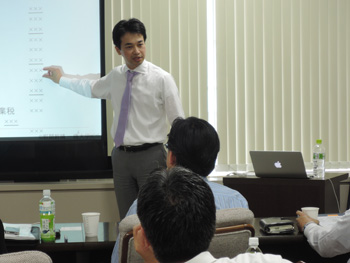I was very pleased to see in the FSA’s updated list of signatories to the Stewardship Code, that Mitsubishi Corporation’s pension fund recently signed on. This makes five major non-financial corporate pension funds that have signed the S.C.: Secom, Panasonic, NTT, Eisai, and now Mitsubishi Corporation. Secom had signed from the start, but the others came after I urged the Prime Minister on this topic, and then the Minister of Health, Labour and Welfare (MHLW, in charge of corporate pensions), then wrote a proposal for a change of the regulations by MHLW…. which resulted in a joint study group between MHLW, the Pension Fund Association, pension experts, and the FSA (as observer) for the express purpose of encouraging pension funds to sign the S.C.
https://www.fsa.go.jp/en/refer/councils/stewardship/20181115/en_list_02.pdf
This major progress for Japan, and these companies should be commended. There is an extreme disconnect between the way in which Japanese companies claim to care about their employees (and often do! ) but so far, have not seemed to care about the assets (retirement funds) of those same employees. This is especially so when one considers that corporate pensions in Japan have no government guarantee, so as the company veers towards bankruptcy it first forces employees to agree to a big cut in benefits (a la JAL), and if it goes bankrupt and the pension is underfunded….well, “it is what it is”.
If anyone is interested, here is the “comply and explain” proposal that I submitted to the MHLW.
https://bdti.or.jp/2016/08/20/pengovrprop/
Nicholas Benes
Representative Director, BDTI


 Board portals have established themselves as a must-have in board communications. The current generation allows boards to go entirely paperless.
Board portals have established themselves as a must-have in board communications. The current generation allows boards to go entirely paperless.